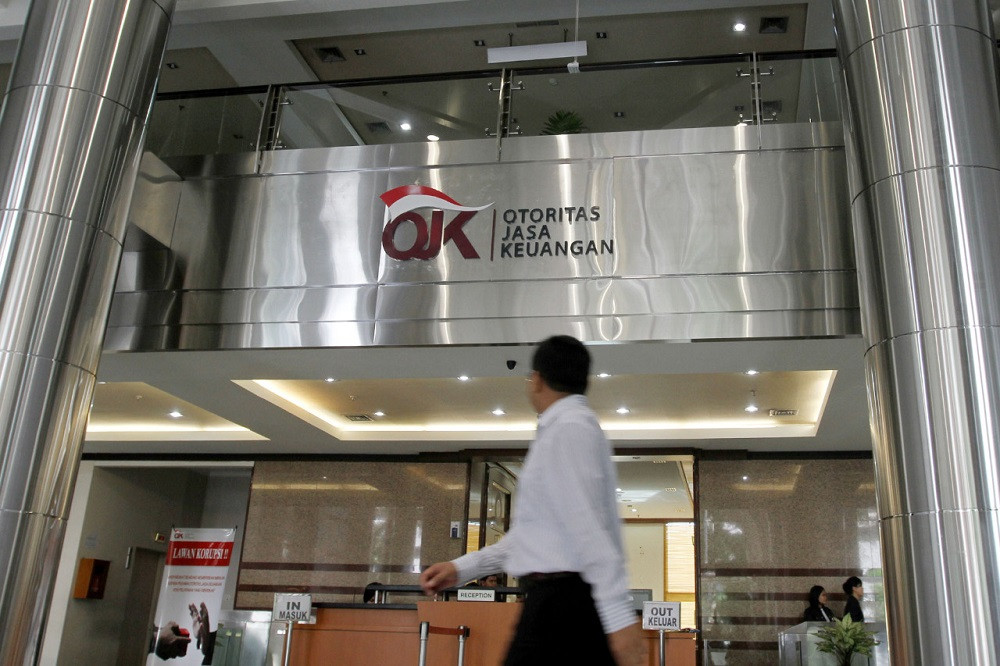Popular Reads
Top Results
Can't find what you're looking for?
View all search resultsPopular Reads
Top Results
Can't find what you're looking for?
View all search resultsBankruptcy moratorium and law reform is sorely needed
Tightening the requirements for bankruptcy applications could help, but would not address the whole issue and could even create new problems
Change text size
Gift Premium Articles
to Anyone
T
he Financial Services Authority (OJK) has decided recently to extend credit restructuring relaxation until March 2023, so lenders and borrowers still have the opportunity to consolidate their businesses and to mitigate the impact of COVID-19. This is good news, especially for borrowers.
This also means that discussions on the planned moratorium on petitions under the Bankruptcy and Suspension of Debt Payment Obligation (KPKU) Law is still relevant in view of the devastating impact of the pandemic. There are two main arguments taking place surrounding demands for the moratorium.
The first relates to the moratorium on the filing of bankruptcy and PKPU, and the second (more fundamental than the first) on how businesses can survive bankruptcy during the pandemic.
The COVID-19 pandemic has disrupted businesses all over the world. In Indonesia, though hundreds of bankruptcy and PKPU petitions have been filed to the commercial court, most of them are still under deliberation. To fix this, the plan for the moratorium is still needed, especially after the relaxation of credit restructuring extension by the OJK.
Another important issue is the bankruptcy survival kit for businesses during the pandemic.
In Indonesia, a bankruptcy application only requires that the borrower has two or more creditors, and at least one debt is due and payable. Such easy requirements result in many bankruptcy petitions.


















